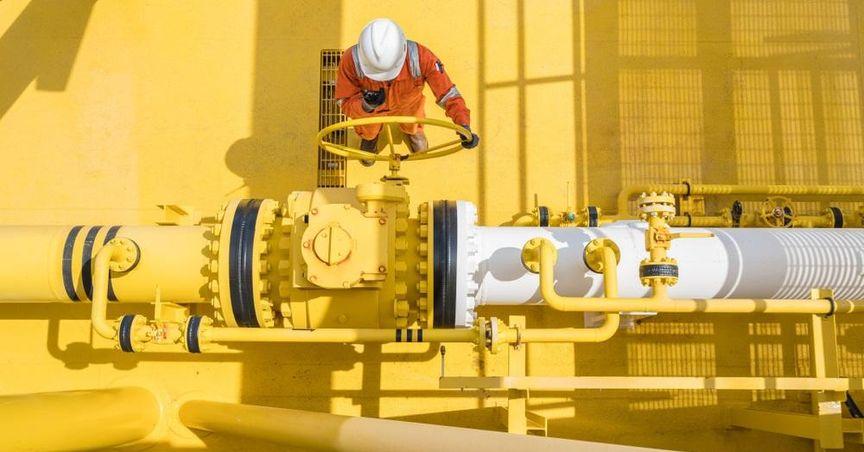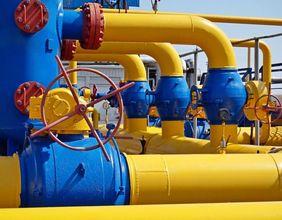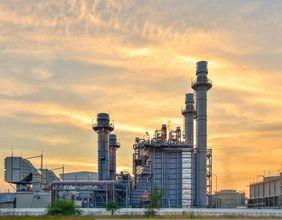Highlights
- Magnolia Oil & Gas has reported a decline in earnings per share despite modest revenue gains.
- CEO compensation rose while shareholder returns remained weak.
- Dividend yield plays a growing role in assessing shareholder value delivery.
Oil and Gas Exploration Sector and Performance Metrics
Magnolia Oil & Gas Corporation operates within the upstream segment of the energy sector, concentrating on the development and production of oil and natural gas resources. This industry is shaped by cyclical demand, exploration efficiency, and disciplined capital allocation. Among the indicators used to evaluate management performance, earnings per share and dividend yield are considered key benchmarks, especially in capital-intensive operations.
Magnolia Oil & Gas (NYSE:MGY) continues to face questions about its performance trajectory and how that aligns with its executive compensation practices. The latest trends have prompted scrutiny as shareholders await further insight at the upcoming annual meeting.
Performance Factors and Process Updates
Despite achieving a slight increase in revenue, the company has reported a multi-year decline in earnings per share. This divergence suggests that cost structures or margin compression may be affecting overall profitability.
Such a performance pattern often shifts the focus to shareholder returns through alternative means—most notably through dividend yield. In the absence of strong capital gains, companies often rely on stable payouts to retain shareholder confidence and preserve return profiles.
CEO Compensation and Market Perception
The CEO’s total compensation package increased significantly in the most recent period, which contrasts with the company’s financial outcomes and declining share value. This development raises questions about the alignment between reward structures and actual results.
Dividend yield becomes an important factor in such discussions. For companies under pressure to improve market performance, maintaining or enhancing dividend yield can serve as a stabilizing mechanism for shareholders, especially during periods of earnings softness.
Shareholder Return and Dividend Yield Focus
Over the last several years, the company’s stock performance has declined, impacting overall shareholder return. In light of this, dividend yield has become a more critical element in evaluating how value is being delivered. A stable or gradually improving dividend yield can offset the effect of a weak share price, helping to preserve investor confidence.
In this environment, the sustainability and reliability of dividends contribute significantly to the broader assessment of the company’s financial discipline.
Organizational Integrity and Decision-Making
The upcoming shareholder meeting will serve as a platform to review executive pay structures and provide visibility into the company’s path forward. Given the lack of share price appreciation and the decrease in earnings per share, dividend yield now plays a more central role in defining the company’s return strategy.
This shift emphasizes the need for a clear balance between executive rewards and the consistency of shareholder returns, especially as dividend yield becomes a key metric in evaluating leadership accountability and corporate financial health.





